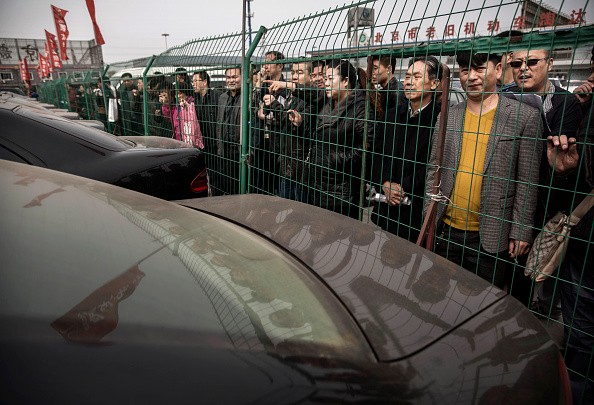Almost a year after it was announced, the 55-episode TV series “In the Name of the People” debuted on March 28 on Hunan TV. It immediately got a huge following and gained the approval of TV viewers for helping in the government drive against corruption.
Bed Made of Money
The show focuses on what the disciplinary investigators of the Communist Party of China have been doing to catch and put in jail corrupt senior and junior government officials. The plot of the series is a senior official who hides the money he amassed from corrupt practices with a bed made of currency worth 230 million yuan or about $33.4 million.
The case is similar to a real life situation involving a former vice mayor, although the amount involved was higher at 644 million yuan. Because of the shows effort to battle corrupt and push for a clean government, when Lu Yi, the main protagonist of the series, promoted the show’s premiere, the post on Weibo – where the actor has 25 million followers – received 33,500 likes.
It costs 120 million yuan to produce the TV series funded by the Supreme People’s Procuratorate, China.org reported. It took the State Administration of Press, Publication, Radio, Film, and Television only 10 days after submission by the show’s producers to approve “In the Name of the People.” It is a record because it usually takes the agency several months to approve materials on corruption, Zhou Meisen, author of the original book, said.
Boosting Anti-Corruption Campaign
The TV show is part of the boost in anti-corruption work of the 18th CPC National Congress held in 2012. There is popular support for the move. It is the first drama series since 2004 to feature corruption in high levels of government as the central theme, CNBC noted.
A report by the Supreme People’s Court released in mid-March said that in 2016, China’s court system ended 45,000 graft cases that implicated 63,000 people. Of the number, 35 are former officials with ranks of provincial or ministerial officials and 240 are prefectural officials who got convictions.


